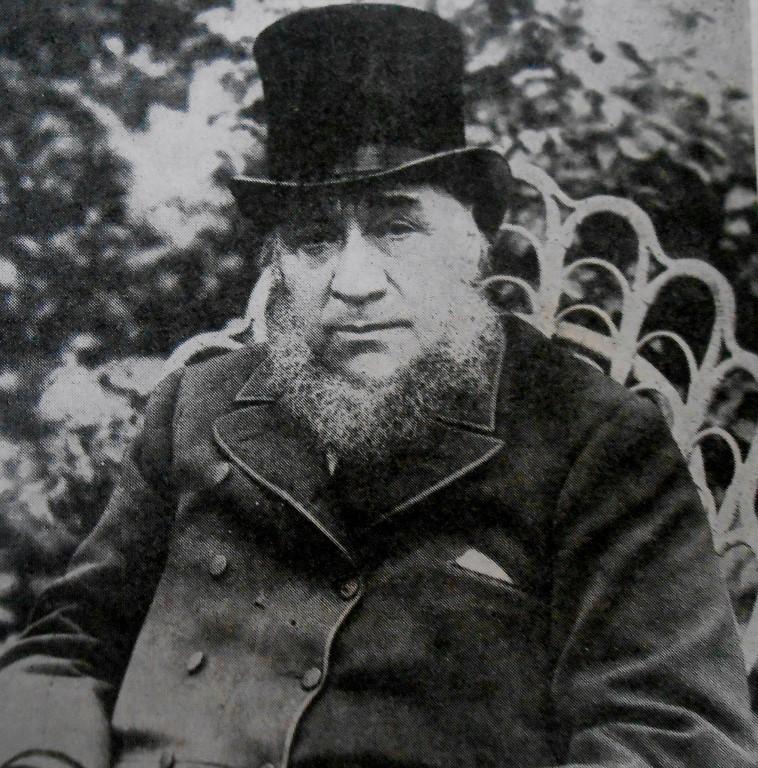
This year marks the bicentenary of Stephanus Johannes Paulus Kruger – better known as Paul Kruger. Honoured as a steadfast fighter against British imperialism, a deeply devout Christian, and a beloved, charismatic leader of his people, President Paul Kruger is remembered for his profound wisdom, often likened to that of Solomon, and his unwavering connection to the land of his forebears.
Born on 10 October 1825 in a modest thatched-roof house on his maternal grandfather’s farm Bulhoek in the Steynsburg district of the Eastern Cape, Kruger was a sixth-generation descendant of his family on Southern African soil, tracing his ancestry back to Jacob Krüger, the first Kruger forebear to arrive in the Cape Colony in 1713. At the age of nine, Paul Kruger joined the Great Trek with his parents, and at seventeen, he married Maria du Plessis. Following her death in 1846, he married her cousin, Gezina, the following year; together, they had sixteen children.
Paul Kruger established himself in the Rustenburg district, where he acquired two farms – Boekenhoutfontein and Waterkloof – on which four homesteads were built. These historic dwellings remained preserved to this day. His close relationship with his neighbour, Kgosi Mokgatle Thete, King of the Bafokeng, who resided on the farm Boekenhoutfontein, resulted in significant support for indigenous education and land rights. In subsequent years, Kruger played a key role in sending two of Chief Mokgatle’s sons, Bloemhof and Paul, to the Netherlands on a ZAR-Dutch scholarship aimed at educating indigenous youth. Kruger sold land to the Bafokeng and advised them to register it in their own name – guidance that would later allow them to benefit from the mineral wealth discovered on it.
Paul Kruger became deeply involved in the politics and diplomacy of his era. Fluent in several African languages, Dutch and basic English, he often used his linguistic abilities to mediate local disputes, including matters such as land and cattle ownership. Rising through the commando ranks from Field Cornet to Commandant General, he played a pivotal role in the 1881 Boer victory over British imperial forces. In 1883, he was elected the third President of the ZAR, serving four consecutive terms – a testament of his popularity and leadership. In 1884, he moved to Pretoria with his wife Gezina and their youngest son, Tjaart, where they lived at 60 Church Street until the outbreak of the Anglo-Boer War in 1899.
Paul Kruger remains a prominent figure in South Africa’s historical landscape. His early commitment to wildlife conservation inspired the 1898 proclamation of a game reserve between the Sabie and Krokodil rivers. This pioneering vision came to fruition in 1926 with the establishment of the Kruger National Park under the National Parks Act. His legacy also lives on through the Krugerrand, a gold coin introduced in 1967 to promote South African gold and make private gold ownership accessible. Since then, Krugerrands have become one of the most widely traded gold coins in the world. Kruger’s legacy endures as a testament to his resilience, leadership, and profound impact on South African history.
For more information, contact:
Jaco Schoonraad | jaco@ditsong.org.za | 082 783 2335
Press Release for the Bicentenary of S.J.P. Kruger
Disclaimer: Any views expressed by individuals and organisations are their own and do not in any way represent the views of The Heritage Portal.
